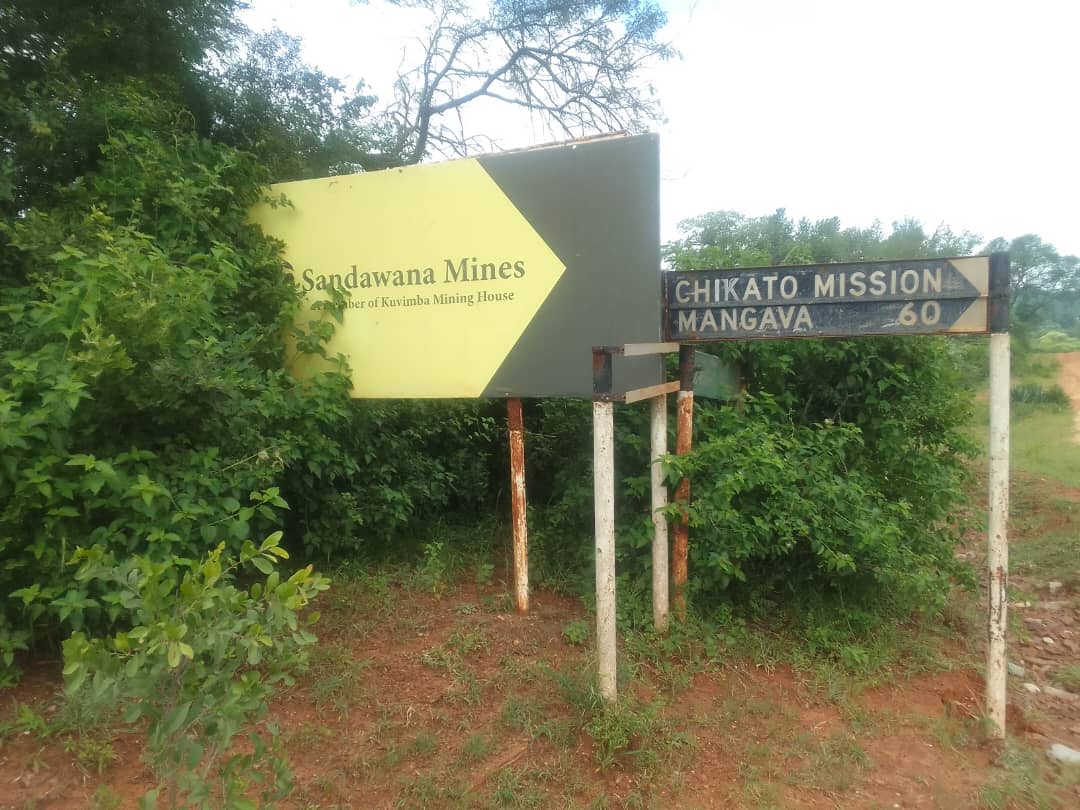…inclusion of traditional as account signatories criticised
Pheneus Shambare
If carried out efficiently, the proposed amendments to the Communal Areas Management Programme for Indigenous Resources (Campfire) programme could enable greater benefits for such wildlife-rich districts as Mwenezi, it has been said.
Government recently announced that it was reimagining the programme which was introduced in the 1980s ostensibly to ensure shared wildlife-based material benefits but which has largely failed to live up to the hype.
The proposed changes will see new frameworks being introduced to make rural districts councils more accountable for resources generated from the hunting and sale of wildlife.
Traditional leaders will now be made signatories to bank accounts for trust funds generated through the hunting and sale of wildlife in their specific areas of jurisdiction, meaning local authorities will no longer be the sole administrators of the money.
However, many people living on the margins of the wildlife areas of Mwenezi oppose the inclusion of traditional leaders whom they say have a record of abusing power and unaccountability.
“Traditional leaders are being used by the government as commissars of the ruling party and they get lofty rewards in return. I think this is just one of the ways of buying their loyalty and nothing will be done to them if they abuse those funds, which will most likely be the case,” said a village woman who spoke on condition that her identity is protected.
Some few years ago in such mineral-rich areas as Marange, Ngezi and Shurugwi; traditional leaders were included in Community Share Ownership (CSOTs) which were a flagship of then President Robert Mugabe’s ‘indigenisation’ crusade, but which became vehicles of massive looting, with communities accruing no meaningful benefits.
“The district of Mwenezi is rich in wildlife which, unfortunately, has done little to improve the lives of ordinary local people. Much of the wildlife is fenced off in the game ranch owned by Billy Rautenbach, and we are not allowed anywhere close to those animals as we are labelled poachers,” said Jim Hlabati from the Mpapa resettlement areas.
Rautenbach is a millionaire businessman with strong links to the country’s top leadership, and is widely said to be one of the ruling Zanu PF party’s top donors.
Through his Zimbabwe Bio-Energy (ZBE) company, he owns thousands of hectares of prime land in Mwenenzi; much of which houses his game ranch where mainly foreign hunters spend their money and leisure time.
In neighbouring Chipinge district, Rautenbach’s company GreenFuel was given vast tracts of land to grown sugarcane which he then processes into ethanol.
In 2011, government introduced mandatory blending of petrol with ethanol ostensibly to make the petrol cheaper to the end consumer, as well as to reduce the country’s huge fuel import bill.
This translated to GreenFuel becoming a monopoly in the lucrative business of supplying all ethanol that is used to blend the country’s petrol, sometimes up to 25 percent.
In Mwenezi, many villagers have suffered abuse such as severe assaults and degrading treatment at the hands of ZBE security guards for such alleged offenses as trespassing and poaching.
Other residents said instead of the current Campfire resource distribution approach which they say is ineffective and open to corruption, they preferred a direct monetary pay-out scheme for families in the district.
Under the current model, management of the funds rests with local authorities that have consistently abused or failed to effectively deploy the public resources that are currently at their disposal.
After generating funds, local authorities are supposed to distribute the money to ward development initiatives after a needs assessment.
The Minister of Environment. Tourism and Hospitality Industry, Nqobizitha Ndlovu recently met concession hunters and other stakeholders in Tsholotsho district where he said a working manual will be introduced to govern how Campfire projects will be implemented from now onwards.
“We are trying to locate the community to be at the centre and core of this, and that way, we will be able to deal with issues of human-wildlife conflict and poaching,” said Ndlovu.
The meeting followed a boundaries dispute Lodzi Hunters and Matuphula Safaris, both of which have expansive interests in the district.
The boundary dispute, which has since been resolved following several meetings, had spilled into the courts and, according to Ndlovu, had negatively affected the operationalisation of the local Campfire project.
Speaking at the same meeting, the Minister of State in Vice President Constantine Chiwenga’s office and MP for Tsholotsho North, Sibangumuzi Khumalo said local authorities will now have to be more accountable with Campfire resources.
“These funds are for communities and are not necessarily to run council budgets. So we will be very strict on that issue and there has to be transparency in terms of how the funds are used,” he said.








